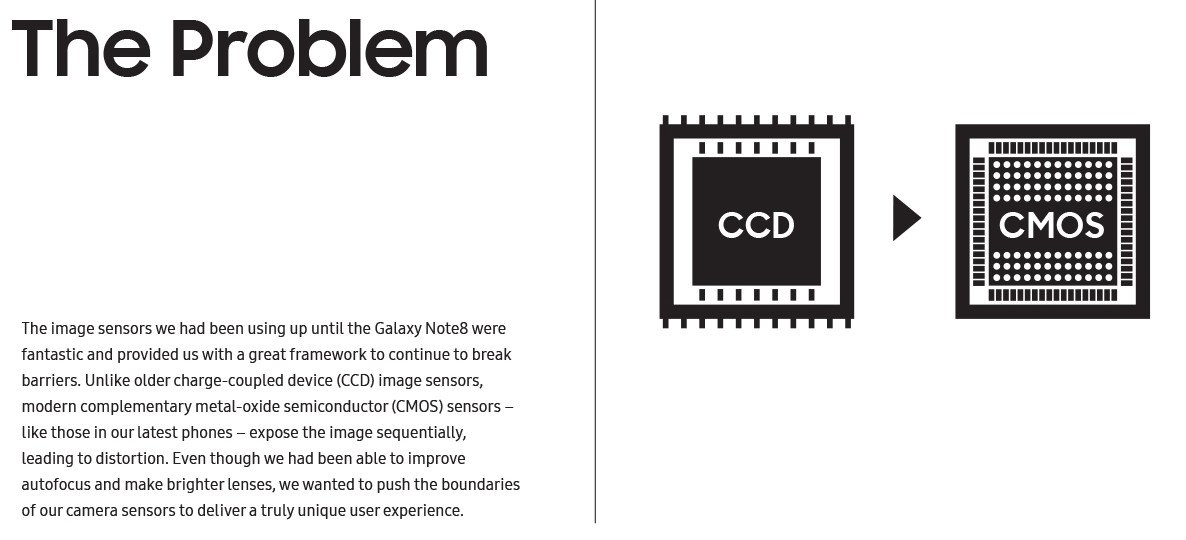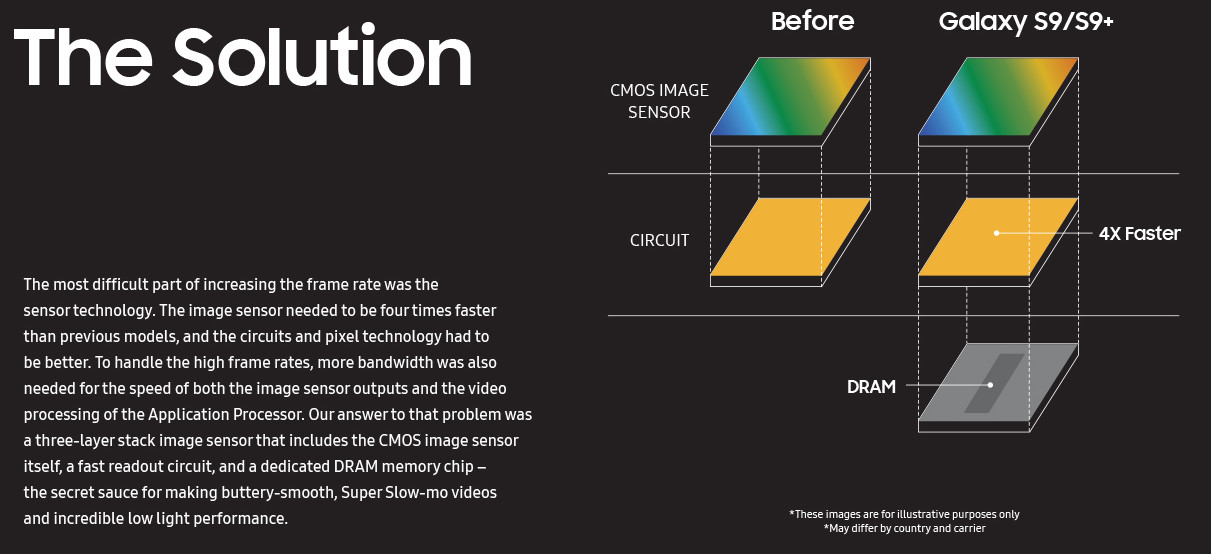This is how the GS9 slows down time.
Amazingly slow motion video capture is the latest big differentiating feature on smartphones. And Samsung is one of the leaders right now, pushing to 960 fps on the Galaxy S9 — only matched by the Sony Xperia XZ2. But Samsung actually released its phone already, and it isn't hard to see why people are excited about using the 960 fps slow motion mode.
Now that we're over a month removed from the Galaxy S9 and S9+ launch, Samsung's pulling back the curtain a little bit to give us more details on how it achieved 960 fps slow motion, overcoming issues of light, sensor types and user experience.
This is not a small change or improvement — it's a big shift.
Modern camera sensor technology already put Samsung in a good starting position, as CMOS sensors were already capable of rapidly exposing images and lowering distortion. And using them up until this point Samsung was able to offer 240 fps slow-motion without issue, as was just about every other phone maker. But in order to have slow motion on the level of the Galaxy S9, it had to switch things up to support a typical CMOS sensor with new technology underneath.
The result is a three-layer stacked camera module, which uses a CMOS sensor at the top, but also backs it up with a four-times faster readout circuit to take in the data and dedicated DRAM just for the camera. Having the dramatically faster circuit and dedicated memory is the only way the Galaxy S9 can capture 960 fps video — and even at this point it can only be capture for 0.3 seconds at a time.
Even if you don't shoot slow-mo, the new camera tech dramatically improves low-light photos.
But even if you don't use the 960 fps video mode (though I really recommend you give it a shot), this new stacked camera module with dedicated memory also enables the Galaxy S9's fantastic low light photo performance. The same technology that lets the sensor capture 960 fps video also lets it capture a dozen frames simultaneously for still shots, processing them in batches and outputting a single photo with dramatically lower noise and smoother details. And the results are pretty clear to see: the low-light photos on the Galaxy S9 are great, and a substantial improvement over the Galaxy S8.
Samsung Galaxy S9 vs. Google Pixel 2: Camera comparison
If you're been using a Galaxy S9 you may not really care about how the phone gets this advanced camerawork done, but smartphone (and photography) nerds among us can appreciate how big of an improvement this all is. The next step, of course, is to get the resolution higher (960 fps is just 720p) and potentially improve the low light performance further with new lens technology. Samsung seems pretty proud of its advancements in photography, so I wouldn't expect it to stop here.


0 Response to "You Can See More: Samsung lets us in on some of its Galaxy S9 960 fps slow-motion secrets"
Post a Comment